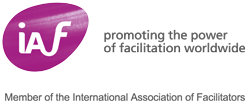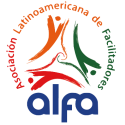GFSC encourages the development of the local resources and autonomy, as well as of the tools and skills that already exist in every community, to strengthen their resilience and self-reliance, particularly addressing chronic problems, change and crisis. We help local facilitators in many countries to create processes that increase capacity, sustainability and participation in their communities, agencies and organizations.
GFSC Model - Principles and Characteristics
We train, mentor and coach an initial group of community leaders and/or professionals, who then share these tools and techniques with an ever-expanding base of community members to increase the community’s resourcefulness to address their challenges.
Exchanging/Sharing
GFSC can connect individuals and groups with mentors and peers in similar situations to share experiences, effective tools and techniques. We also offer online discussions with experts in various topics.
Collaborative Opportunities:
GFSC seeks opportunities to work with other organizations that advocate sustainable community development. By working together, we share resources and expertise, support mutual goals, and increase public awareness.
MODEL PRINCIPLES
- Facilitation is an effective catalyst to build, rebuild and maintain resilient and autonomous communities.
- Psychosocial support is especially important as part of the reconstruction of communities affected by crises or disasters.
- Those who have lost loved ones and / or their homes and livelihoods, or have been victims of violence, need support to process these difficult experiences and the losses in order to recover their hope, be able to use their own personal resources and rebuild their lives.
- People and communities, as social systems, are capable of self-determining and overcoming their crises.
- Local leaders trained as facilitators can contribute effectively to the psychosocial recovery of their communities in times of crisis and disaster.
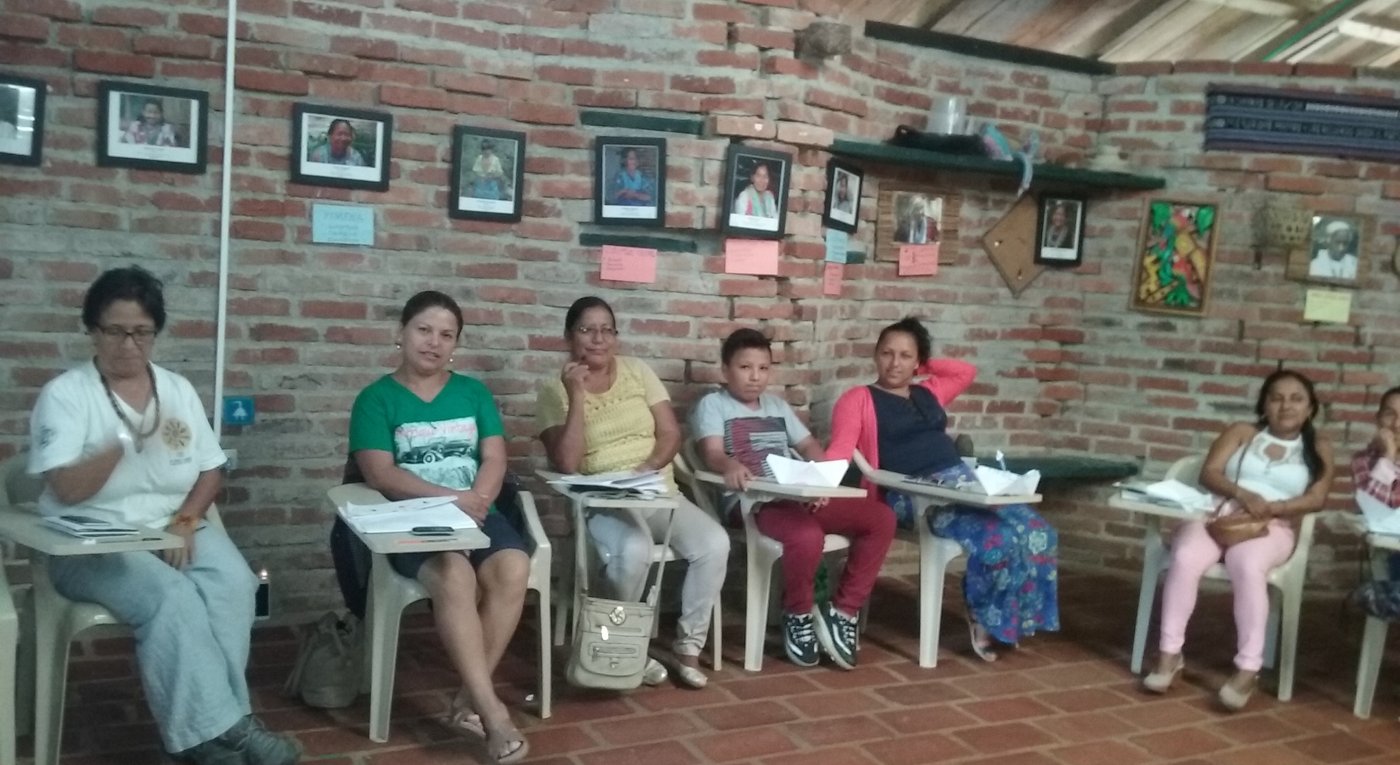
MODEL CHARACTERISTICS
- Based on the UNESCO Model of Social Learning - "Learning for the New Millennium" and conceptually simple and practical.
- Focuses on the training of local leaders as facilitators, helping them to think and act more effectively for the welfare of their communities and in turn to train other local leaders.
- Helps communities move from crisis to psychosocial recovery and reconstruction.
- Works in parallel with and continues after the initial rescue and first aid work, when the survivors are ready to work on their emotional recovery.
- Offers the support of volunteer facilitators, who share knowledge, experience and encouragement, to communities as they develop their capacities, in many countries.
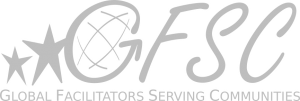
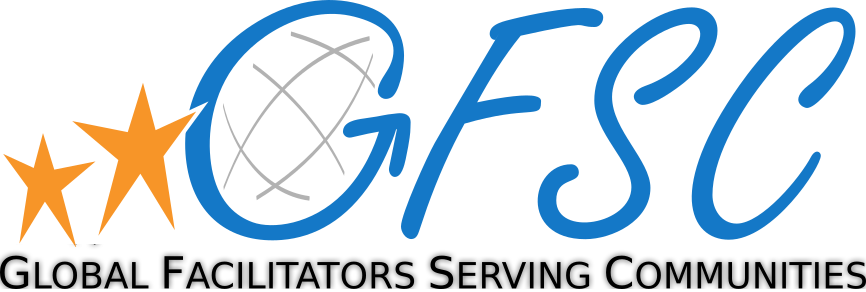

 Español
Español
